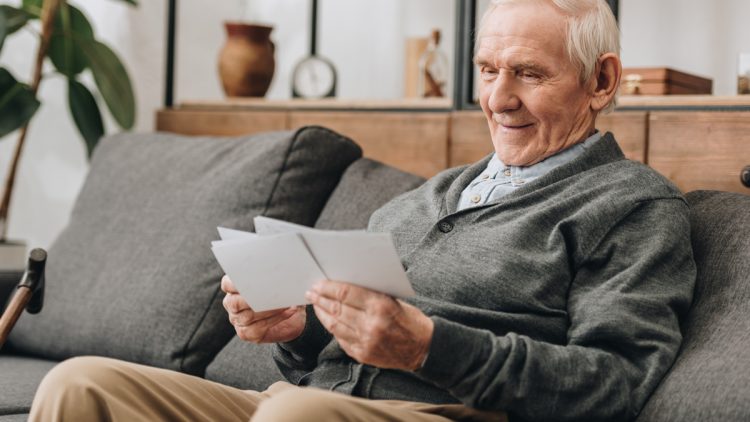Why Do Dementia Patients Sleep So Much?

Oversleeping is quite common for individuals suffering from dementia. This is a direct result of brain damage that occurs during the late stages of this disease.
Why Do People With Dementia Sleep So Much?
Oversleeping is a quite common symptom found in the later stages of dementia. Healthy sleeping patterns are important for everyone, so try to keep track of how often your loved one may be sleeping.
As dementia progresses, brain damage can become excessive and undoubtedly take a toll on one’s health. Individuals with dementia will feel weak and frail as time goes on. Executive function will change in the frontal lobe of the brain. The result may appear to be a lack of motivation or overall sluggishness. Easy tasks, such as talking or standing up, can feel exhausting for someone with dementia.
Individuals with dementia may also experience some dramatic changes in their sleep-wake cycle or circadian rhythm. This will ultimately work against sleep quality. Your brain’s internal clock will always notify you when to be alert and when to sleep. Individuals with dementia often have impaired brain cells when it comes to sleep cycles. This may result in sleeping excessively during day hours but less at night.
What Are The Stages Of Dementia?
Dementia is broken down into seven stages, including the following symptoms:
Stage 1 Symptoms:
- There will be no noticeable symptoms during the earliest stage of dementia.
Stage 2 Symptoms:
- Some difficulty finding the right words.
- Normal functioning.
- Ability to overcome memory issues.
Stage 3 Symptoms:
- Forgetfulness.
- Difficulty paying attention.
- Trouble finding words and/or names.
- Money management issues.
- Problems at the workplace.
Stage 4 Symptoms:
- Making mistakes while driving.
- Problem solving issues.
- Problems with routine tasks.
- More money management problems.
- Forgetting familiar names/items.
- Forgetting where things have been placed.
Stage 5 Symptoms:
- Mood swings.
- Personality changes.
- Gaps in memory.
- Assistance needed when eating and using the bathroom.
- Bladder problems.
Stage 6 Symptoms:
- Changing eating habits.
- Getting lost and confused.
- Delusions.
- Lack of awareness.
- Bladder problems increasing.
- Strong personality changes and mood swings.
- Trouble speaking.
Stage 7 Symptoms:
- No ability to eat, swallow or speak.
- Loss of muscle control.
- Constantly disoriented.
- Loss of bowel and bladder control.
- Cannot use bathroom without assistance.
Memory Care At Ventana Winds In Youngtown, Arizona
We invite you and your loved one to come and tour our memory care facility in Youngtown, Arizona and find out why our residents love to live in our compassionate and welcoming community. Take a look at our memory care page to see pictures, find out more about the facility, amenities, what is included in rent, and more. Call us at (623) 624-4406 for more information or to schedule a tour of our facility.





